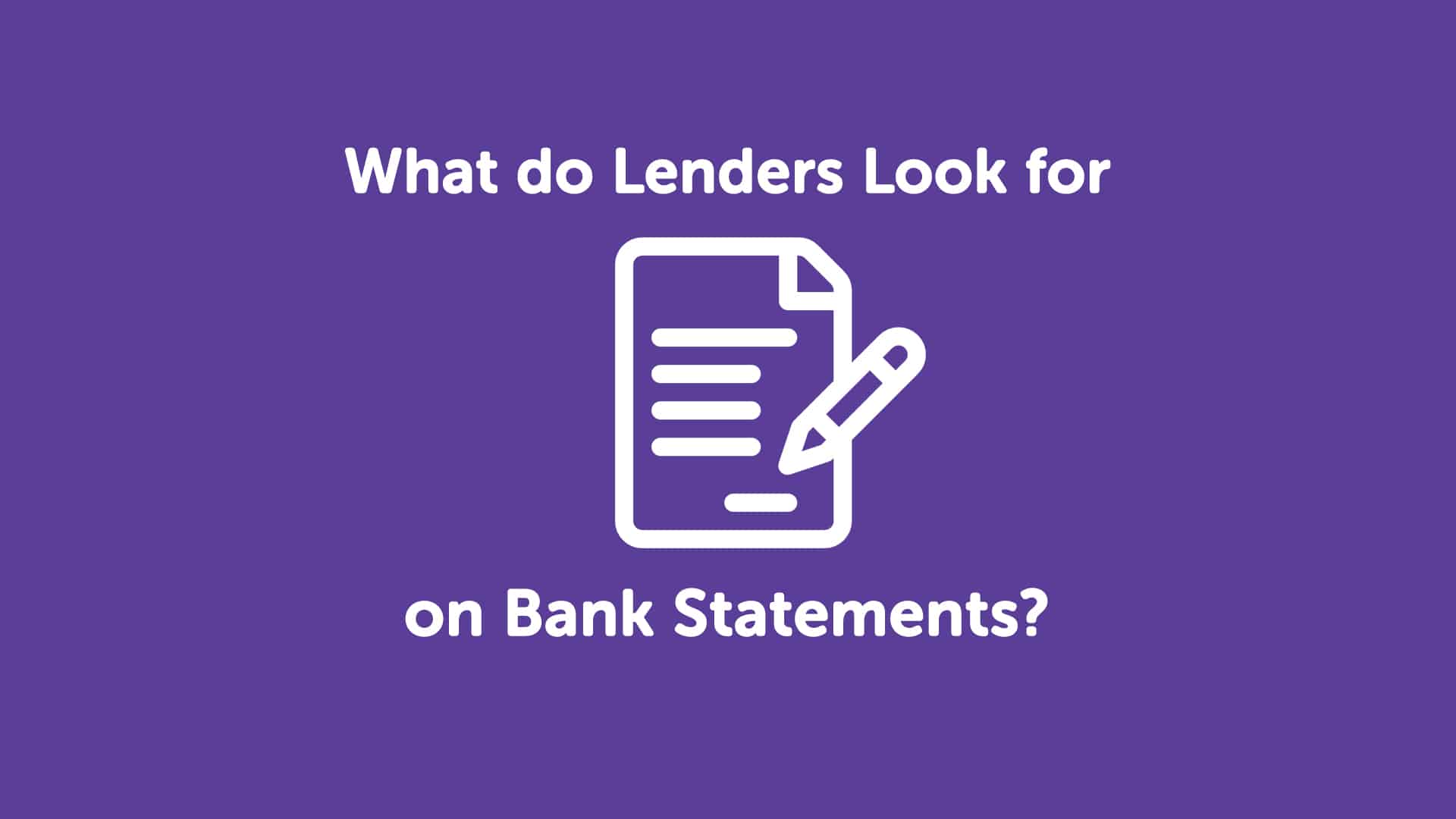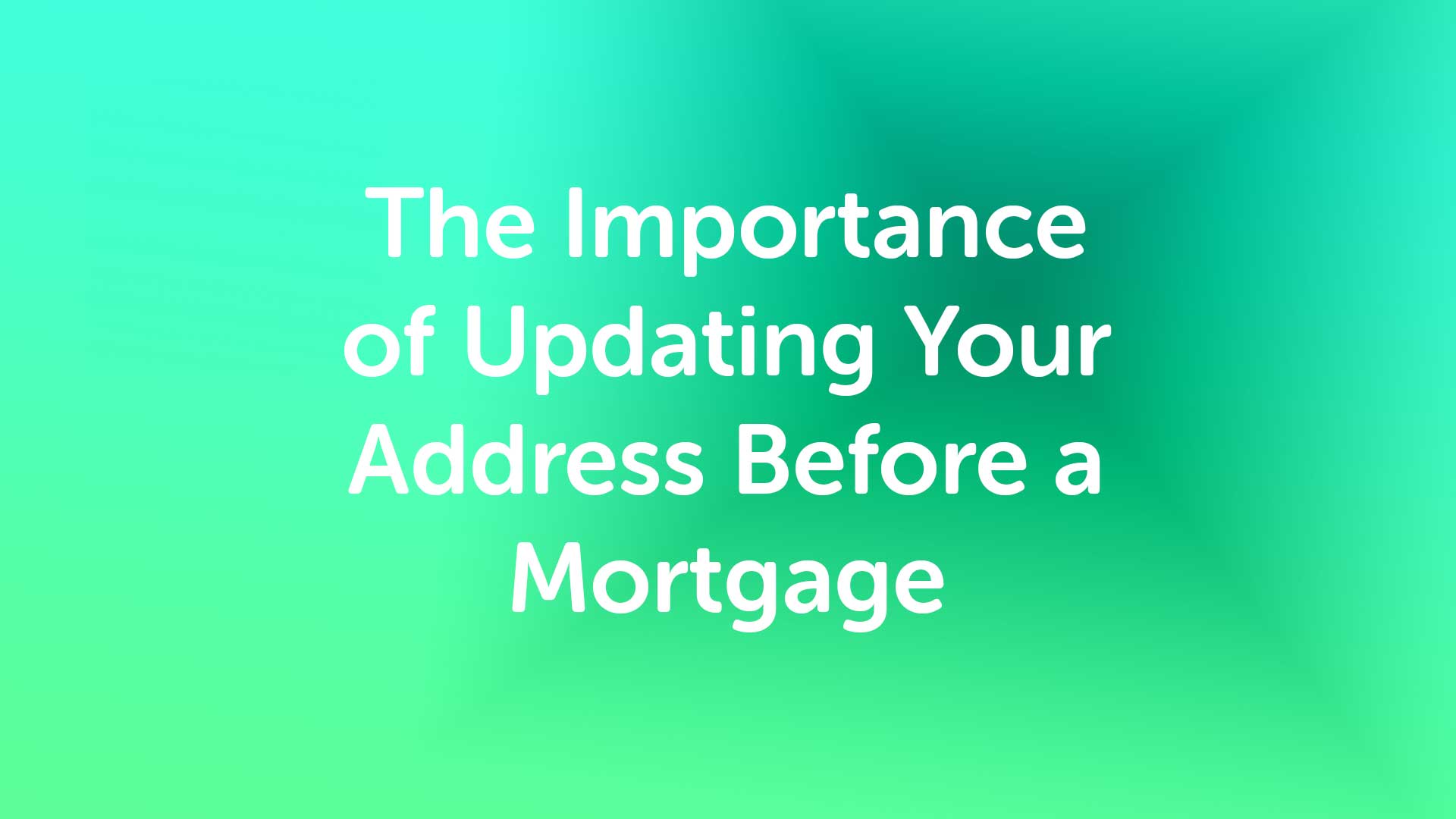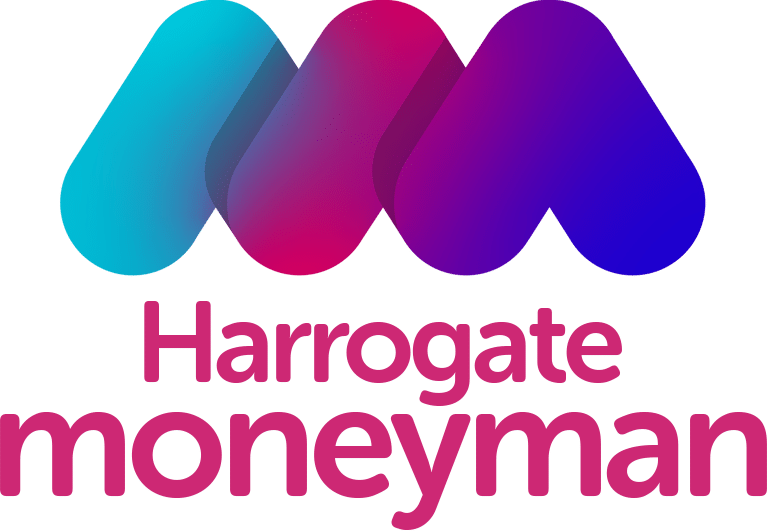From the set up of the Help to Buy Schemes in Harrogate being put into action, many major Builders started selling houses by leasehold, when houses were traditionally freehold. This had built up to be a controversial issue overtime from which the Government felt the need to intervene.
Land-Banking
Some of the major housebuilders within the country have been accused of prioritising profit over social conscience. They’re doing so by trying to balance the fact homes are needed for families and that shareholders are also tended to; this leads to the media regularly accusing them of ‘Land-Banking’, which is when they own land for a certain period of time and not build on it due to market conditions not being favourable.
Consolidation within the industry would often mean land gets inherited by Builders and their organisations which come as a leasehold basis. However, to appease buyers, they will state that both leasehold and freehold properties are available to appear that they have access to an informed choice.
The market appeared to be swaying too much towards leasehold for the publics liking, especially when observations of how much profit the Builders had been making off the back of the leases. Things became apparent when the Chief Executive of one of the UK’s largest Builders received a bonus of over £100m. At that particular moment in time, it was one of the largest bonus paid in corporate history.
Some Leasehold Homeowners became shocked when quotes for home alterations were surfacing as thousands of pounds in fees, after seeking permission from Leasehold Management Companies.
Some of the annual ground rents were to double every 10 years and owners could see that selling their home in the future once these increases have kicked in would become a lot more difficult. After the topic was subject to a debate in parliament after MP’s were notified, the government agreed that if you were buying a house then it is only reasonable that you should in fact own the freehold.
If you come to realise that you are in ownership of a house and didn’t realise that it was leasehold then you should have been made aware at the start. If you feel that the acting Solicitor did not inform you of the full facts about the lease you signed, then you should re-contact them immediately to investigate why. Although it is not advised, you do have the option to contact the freeholder at any time, if you are interested in buying the freehold from them.
Common Area’s and Service Charges
Looking past the leaseholds, there is also the issue of service charges. When permission is granted by Councils for Housebuilders to build on land, they don’t always agree to adopt the common areas and roads. That would mean that the upkeep of these areas would need to be outsourced, most usually to a private company. The owners residing in the area make a financial contribution to this maintenance work on top of their council tax. By the way, this can happen on both leasehold and freehold.
The costs of the service charges can rapidly increase which infuriates homeowners who are affected. Sometimes the residents in the area group together to form an association which might allow them to choose a different service provider.
If you’re thinking of buying a leasehold property, make sure to take advice from your Solicitor in regards to the lease and be informed as to what this entails. It’s so easy to get carried away with the excitement of buying a home but you need to also take into account that it’s a major investment decision that you need to think about thoroughly with care.
Date Last Edited: December 27, 2023













